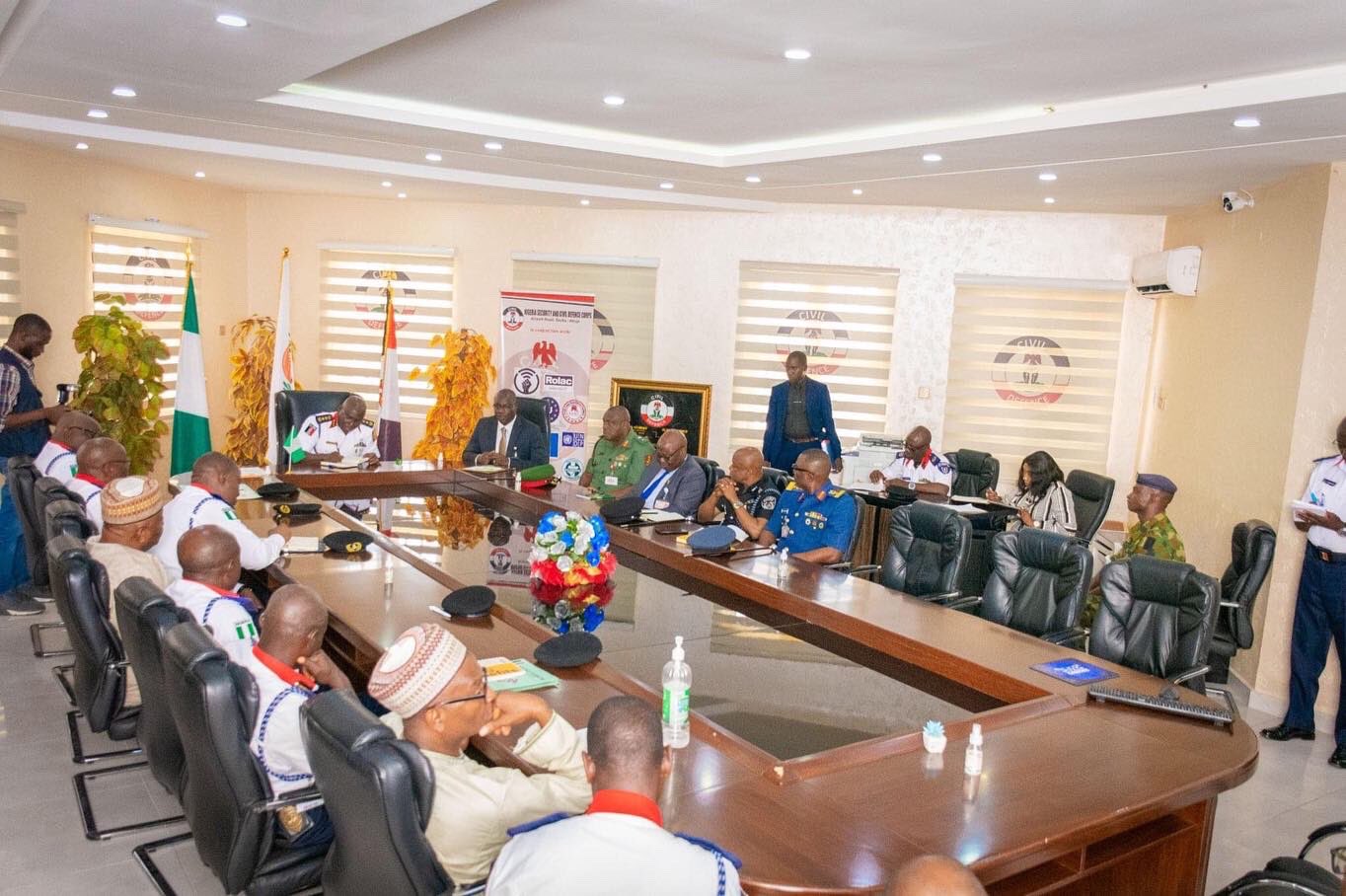Business
FG Saves N3.9trn Fyrom Port Concession

The Chairman, Seaports Terminal Operators Association of Nigeria (STOAN), Princess Vicky Haastrup, has disclosed that the Federal Government’s port concession programme has saved the country about US$8.5 billion (N3.91 trillion) which was hitherto paid to foreign shipping lines as congestion surcharge.
She also said members of the association, who are the concessionaires, are ready to inject more funds into the port once pending concession agreements are renewed.
Haastrup made the disclosures while addressing journalists after a courtesy visit to her by the new Country Managing Director of APM Terminals Nigeria, Frederik Klinke.
She said in addition to the huge savings to the economy, terminal operators have also made significant investments running into billions of dollars at the six major seaports across the country.
“Nigeria’s port concession programme has been a monumental success. Many African countries send representatives here to understudy our port concession regime and how we were able to substantially increase investment and efficiency within a very short period of time. It shows ‘we can-do spirit of Nigerians.
“The port concession programme reduced the waiting time of vessels coming into our ports from an average of 45 days before 2006 to less than three days at present. It has helped in eliminating the notorious congestion surcharge hitherto imposed on our ports by major shipping lines under the aegis of the Europe-West Africa Trade Agreement EWATA.
“The elimination of the port congestion surcharge has resulted in saving Nigeria’s trading community over US$500 million per annum. If you multiply that by the 17 years of port concession, that amounts to a savings of US$8.5 billion to date. In naira terms, that is a savings of more than N3.9 trillion to the Nigerian economy”, she said.
The Country Managing Director of APM Terminals Nigeria, Frederik Klinke, who said his company has a long-term commitment to Nigeria, assured that APM Terminals would continue to set new standards for port operation in the country and support the Federal Government’s drive to diversify the economy through the promotion of non-oil export.
Transport
Automated Points Concession : FAAN Workers Gave 72hrs To Revise Decisions In PH

Transport
FAAN Announces Pick-Up Points for Go-Cashless Cards

Business
Fidelity Bank To Empower Women With Sustainable Entrepreneurship Skills, HAP2.0
-

 News5 days ago
News5 days agoAmend Constitution To Accommodate State Police, Tinubu Tells Senators
-

 Politics5 days ago
Politics5 days agoSenate Urges Tinubu To Sack CAC Boss
-

 News5 days ago
News5 days agoDisu Takes Over As New IGP …Declares Total War On Corruption, Impunity
-
Politics2 days ago
2027: NIGERIANS FAULT INEC ON DIGITAL MEMBERSHIP REGISTER DIRECTIVE
-

 Environment2 days ago
Environment2 days agoLAWMA Director Says Sweeping Reforms Have Improved Waste Collection
-

 Featured5 days ago
Featured5 days agoFubara Reads Riot Act To New SSG, CoS …Warns Against Unauthorized Meetings
-
Rivers5 days ago
Etche Clan Urges Govt On Chieftaincy Recognition
-
News5 days ago
25 Killed In Adamawa Jihadist Attacks

